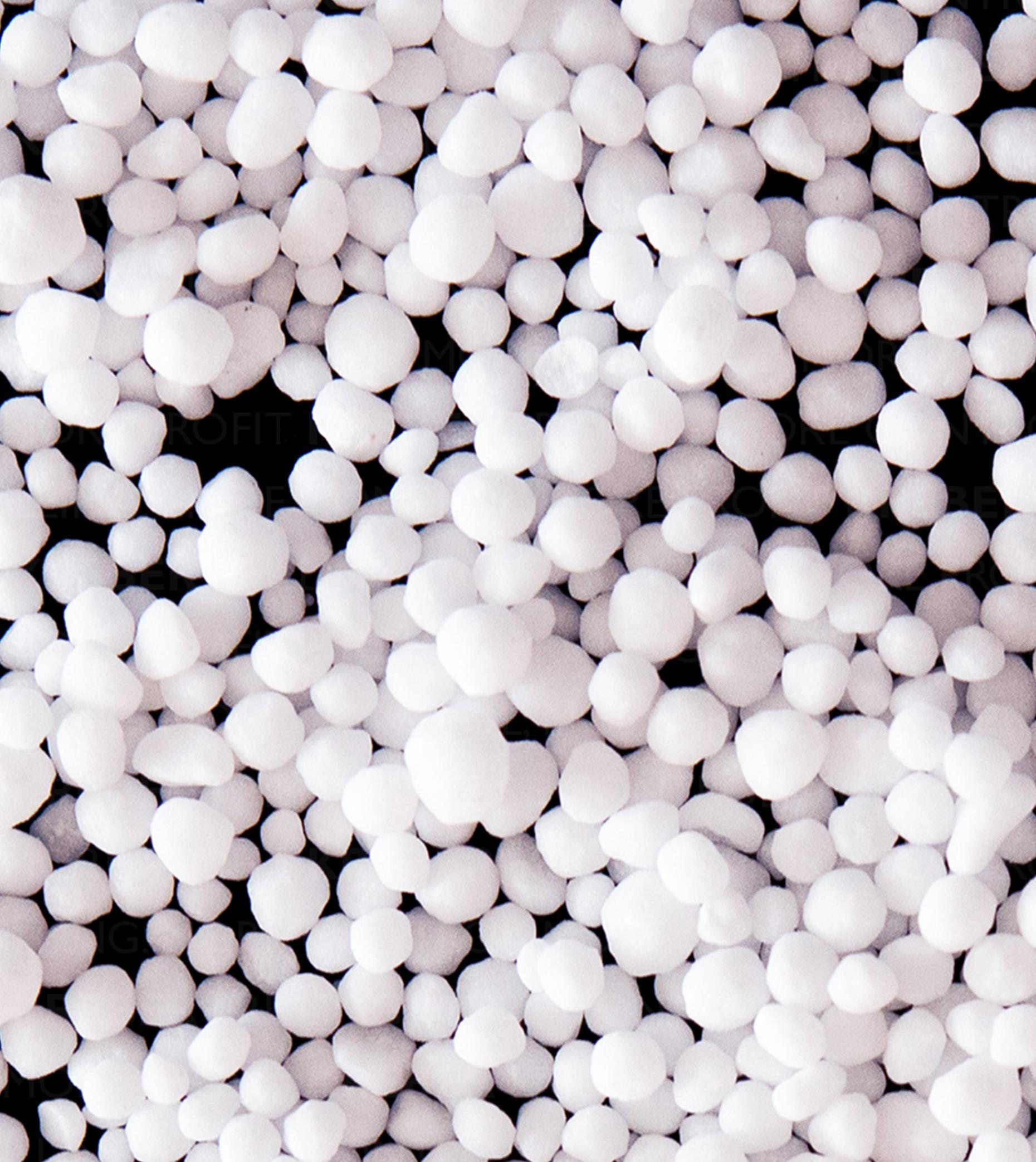Particle Technologies
Particle technologies are process technologies that produce, use, or separate particles.
For example, pharmaceutical industry produces precise drug formulations based on particle technologies. Activated carbon particles are commonly used in the food industry as an adsorbent to remove impurities, off-flavours, and odours from liquids such as water, beverages, and food ingredients. Chemical industries may use particles as adsorbents to remove certain components in separation processes. One example of separating particles in the chemical industry is the use of cyclones, which employ centrifugal force to separate solid particles from gas or liquid streams based on their particle size and density.

Particle Technologies
The technologies that produce particles can be divided into solidification, crystallization, and particle modification processes.






